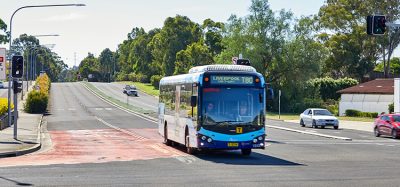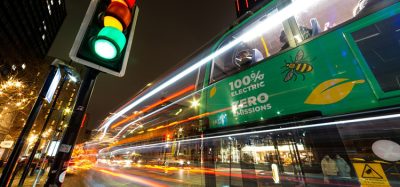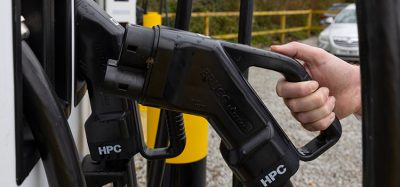Navigating the short‑ and long-term strategies to ensure an enhanced customer experience
- Like
- Digg
- Del
- Tumblr
- VKontakte
- Buffer
- Love This
- Odnoklassniki
- Meneame
- Blogger
- Amazon
- Yahoo Mail
- Gmail
- AOL
- Newsvine
- HackerNews
- Evernote
- MySpace
- Mail.ru
- Viadeo
- Line
- Comments
- Yummly
- SMS
- Viber
- Telegram
- Subscribe
- Skype
- Facebook Messenger
- Kakao
- LiveJournal
- Yammer
- Edgar
- Fintel
- Mix
- Instapaper
- Copy Link
Posted: 18 December 2023 | Mark Anderson - The Go-Ahead Group | No comments yet
For Intelligent Transport, Mark Anderson, Customer and Commercial Director at The Go-Ahead Group, provides insightful perspectives on the pivotal role of customer-centric strategies and collaborative initiatives in shaping the future of sustainable and efficient public transportation solutions.
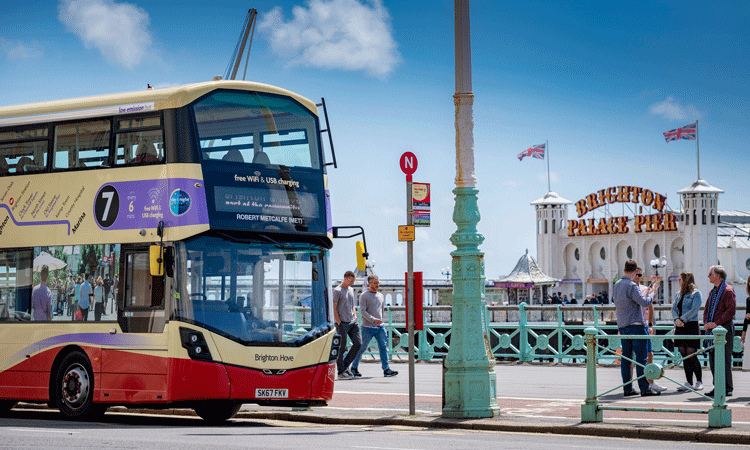

Credit: The Go-Ahead Group
Anything we do to improve the customer experience and encourage more passengers on-board the bus must satisfy two criteria – it must be permanent, and it must ensure that we build trust and satisfaction, positioning bus as the preferred mode of transport.
Anything we do to improve the customer experience and encourage more passengers on-board the bus must satisfy two criteria – it must be permanent, and it must ensure that we build trust and satisfaction”
Throughout the pandemic, the UK Government has launched a number of initiatives offering services at a discounted price, including ‘Eat Out to Help Out’, boosting growth for the hospitality sector. Similarly, to encourage customers to return to buses, the government announced a national £2 fare cap scheme for single journeys at the start of 2023. As such, all of Go-Ahead’s bus operating companies outside of London are participating in the scheme and, nationally, over 20 million Go-Ahead customers have benefitted from the cap. While this is welcome and we’ve seen an incremental increase in bus riders, it is only a short-term cost-of-living measure – we need long-term, sustainable ticketing offers and solutions for customers to reduce their reliance on cars in cities and to promote long-term bus patronage.
Enhancing the digital ticketing experience
Innovation in ticketing and fares is not the only way that we can enhance the experience for customers and encourage more people on-board”
Meanwhile, Go-Ahead is continually improving digital ticketing – a shift accelerated by the COVID-19 pandemic, which proved to be a tipping point, with customers moving away from cash transactions. Technology is helping us to speed up bus journeys by cutting crucial seconds and minutes off dwell times at stops. The installation of ‘tap on, tap off’ technology means that fares can be automatically calculated for any journey.
Furthermore, we have also established more ‘multi-operator ticketing’ in Cornwall, where Go South West has partnered with First Bus to provide better value for money and to make things easier for customers when they travel by bus. At the same time, we recognise the need to work with all customer groups to ensure that easy payment options are available for everybody, making sure that we keep bus travel as accessible as possible.


Considering environmental responsibility and decarbonisation
To make sure that the shift away from private car use happens, we need to provide convenient, efficient, affordable and appealing alternatives that customers will choose to take”
Finally, we must acknowledge the impact of climate change and how this can influence the decision-making of customers when they choose their mode of transport. The government has set a legally binding target for the UK to reach net zero by 2050. Go-Ahead is playing its part by aiming to decarbonise its entire bus fleet by 2035 – already, nearly 10% of our 6,000-strong bus fleet is zero-emission.
Frustratingly, research by ComRes for Go-Ahead’s Zero Emission Centre of Excellence found that only 26% of the public view bus travel as a ‘green’ form of transport – on par with rail travel, but well below the number that views cycling or walking as ‘green’. However, 55% of respondents have said that they would be more likely to travel by bus if they knew that a zero-emission bus was available. Therefore, we must improve the understanding of our industry’s environmental importance by showing that public transport, and specifically bus travel, is a fundamentally sustainable way to get around. If we invest more in zero-emission buses, working in partnership with public funding, we will attract more people to use buses, influencing behaviour change.
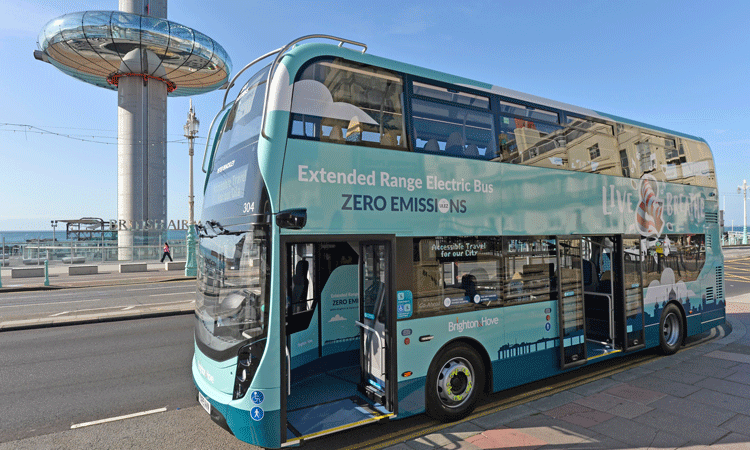

Credit: The Go-Ahead Group – 55% of respondents to research by ComRes for Go-Ahead’s Zero Emission Centre of Excellence said that they would be more likely to travel by bus if they knew that a zero-emission bus was available.
To make sure that the shift away from private car use happens, we need to provide convenient, efficient, affordable and appealing alternatives that customers will choose to take. But it is not incumbent only on public transport operators to implement change to get more passengers on‑board. We also need local authorities to deliver schemes which prioritise shared mobility, such as buses, over individual car usage. Bus lanes, for example, cut bus journey times and make using less carbon intensive transport more attractive.
This is why we are calling for a holistic approach to getting people onto buses that combines innovative improvements to the customer experience with ambitious bus priority schemes.


Related topics
Air Quality, Passenger Experience, Public Transport, Sustainable Urban Transport, Ticketing & Payments
Issue
Issue 3 2023
Related modes
Bus & Coach
Related countries
United Kingdom
Related organisations
The Go-Ahead Group
Related people
Mark Anderson




